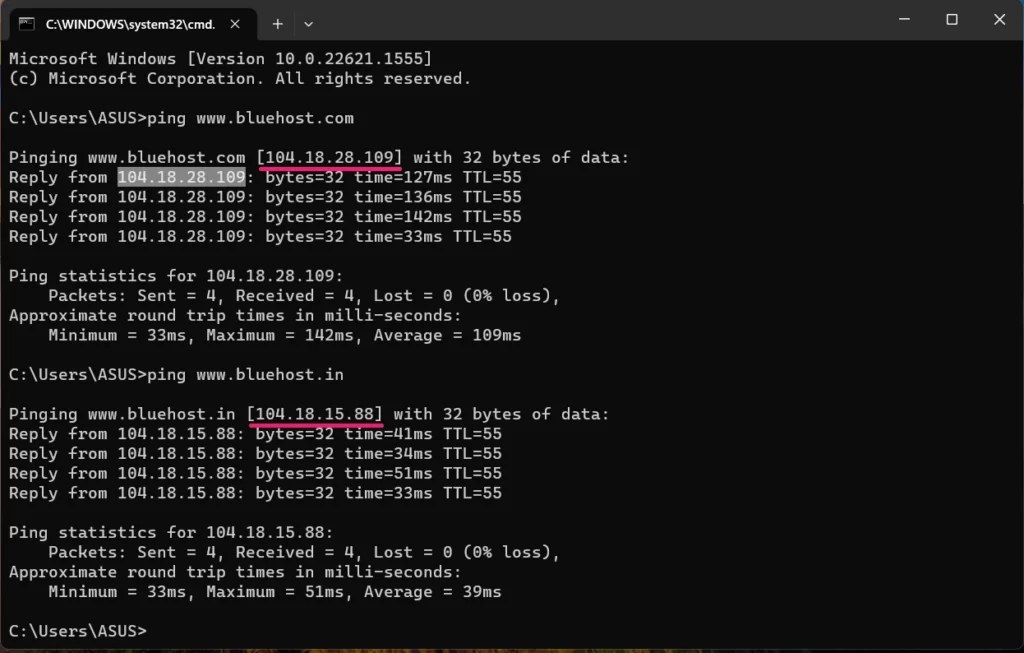Website hosting servers are an essential component of the online world, and they rely on unique IP addresses to function. An IP address is a numerical label that serves as an identifier for any device connected to the internet. In the case of website hosting servers, IP addresses are used to locate and connect to the server, allowing users to access the website.
Website hosting servers have their own unique IP address, what does this address consist of?
An IP address consists of four numbers separated by dots, for example, 192.168.1.1.
Each number represents a specific part of the address, known as octets. The first two octets denote the network portion of the address, while the last two octets indicate the host portion. This configuration is known as the IPv4 address format, and it has a total of 32 bits.

In addition to IPv4 addresses, there is also the newer IPv6 address format, which uses 128 bits to create a much larger pool of unique addresses. IPv6 addresses are also represented by a series of numbers and letters, separated by colons.
For example, 2001:0db8:85a3:0000:0000:8a2e:0370:7334.
Why do website servers have multiple unique IP addresses?
Website servers may have multiple unique IP addresses for a variety of reasons. One common reason is to provide load balancing and failover capabilities. By assigning multiple IP addresses to a server, traffic can be distributed across multiple network interfaces, reducing the load on any one interface and improving overall server performance. In the event of a network interface failure, the server can still be accessed via the remaining IP addresses, ensuring that the website remains available.
Another reason why website servers may have multiple IP addresses is to support multiple websites or domains on a single server. Each website or domain can be assigned its own unique IP address, allowing for better isolation and security between sites. This also enables the use of SSL certificates, which require a unique IP address to function correctly.
In some cases, a website server may also have multiple IP addresses to support geolocation or content delivery network (CDN) services. By using IP addresses that are geographically dispersed, website content can be served from a server that is physically closer to the user, improving website performance and reducing latency.